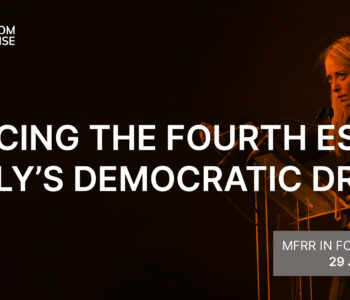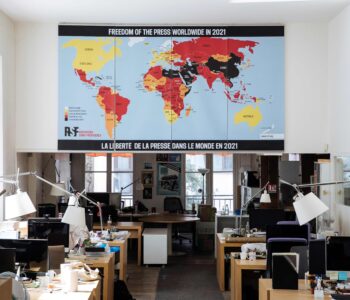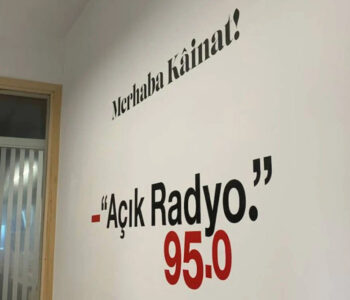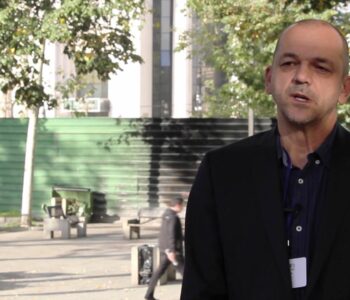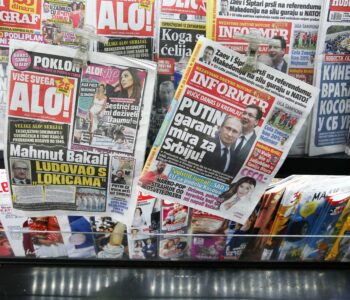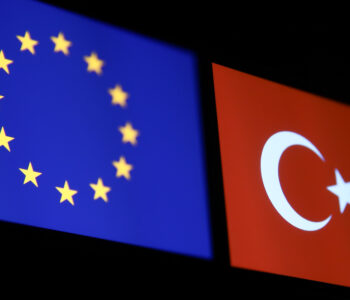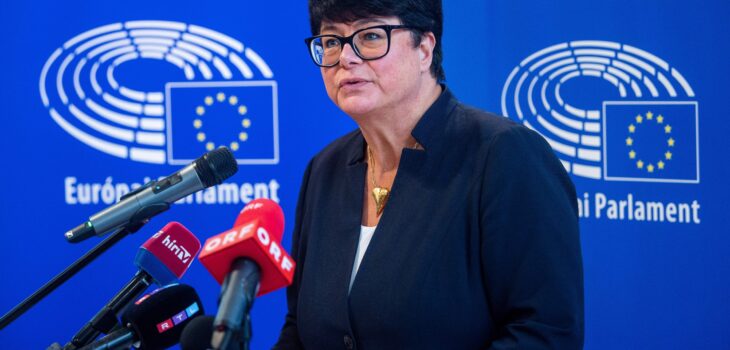
Media Freedom Groups troubled with the CULT report on the EMFA proposal
Apr 28, 2023
Dear Sabine Verheyen,
We, the undersigned journalists, press freedom, civil society, trade unions, and digital rights groups, are writing to you with regard to the proposed amendments to the draft European Media Freedom Act (EMFA) you have written as the Rapporteur on behalf of the Committee on Culture and Education (CULT).
We thank the rapporteur for the timely drafting and appreciate several amendments in the report, such as the strengthening of the independence of the European Board for Media Services.
However, we are very concerned about many changes that dilute the impact of the proposal , as well as the harmonization effort that drives the EMFA. Moreover, the removal of the explicit reference and guarantee of journalists and editors’ editorial independence throughout the proposal, and the changing of the media pluralism test from mandatory to optional in national rules raise our concern regarding the EMFA’s capacity to adequately protect media pluralism and media freedom in the EU.
Our main critical points are the following:
- The removal of almost all references to editorial independence in the proposal and the insertion of media owners’ right to assume a leading editorial role (Art 6.2);
- The insertion of VLOPs into the media plurality assessment and the exchange of a mandatory nature for a voluntary one (Art 21); and
- The failure to strengthen media ownership transparency rules (Art 6.1).
Editorial independence is an essential pillar of media freedom that helps guarantee the integrity of a media’s journalism and protection against the undue influence of vested interests from political or business groups. The latest scandal surrounding Mathias Döpfner, the CEO of Axel Springer, seeking to interfere in editorial policy of Germany’s largest newspaper underlines the vulnerability of our media to vested interests and the necessity to maintain protections on editorial independence across Europe.
The inclusion of Very Large Online Platforms under the media plurality test under Art 21 should also be removed as it prejudges the methodology to be developed for protecting news media pluralism in Europe. News media plurality cannot be looked at in isolation and VLOPs as with other actors such as advertising companies have a significant impact on the media economy and this is recognised already in the Digital Markets Act (Regulation 2022/1925). However, to insert VLOPs into the EMFA which is primarily focused on a public interest test for news media is premature and ties the hands of the policy experts assigned to develop the media plurality test.
We kindly remind you that the media ownership transparency obligations on media under Article 6.1 should be strengthened as it is only through clear publicly available and verifiable information that the public can make informed decisions about the integrity of the media. This is also a request in the recently published independent research for the CULT Committee on the EMFA. Only this way will we achieve meaningful transparency.
We call on you, dear Sabine Verheyen, and on all CULT members as the lead committee, which has been a reliable and vocal campaigner for media freedoms across the European Union, to stick to your principles and help to improve this act as a regulation so much needed in the EU and beyond.
With kind regards,
This statement was coordinated by the Media Freedom Rapid Response (MFRR), a Europe-wide mechanism which tracks, monitors and responds to violations of press and media freedom in EU Member States and candidate countries.

